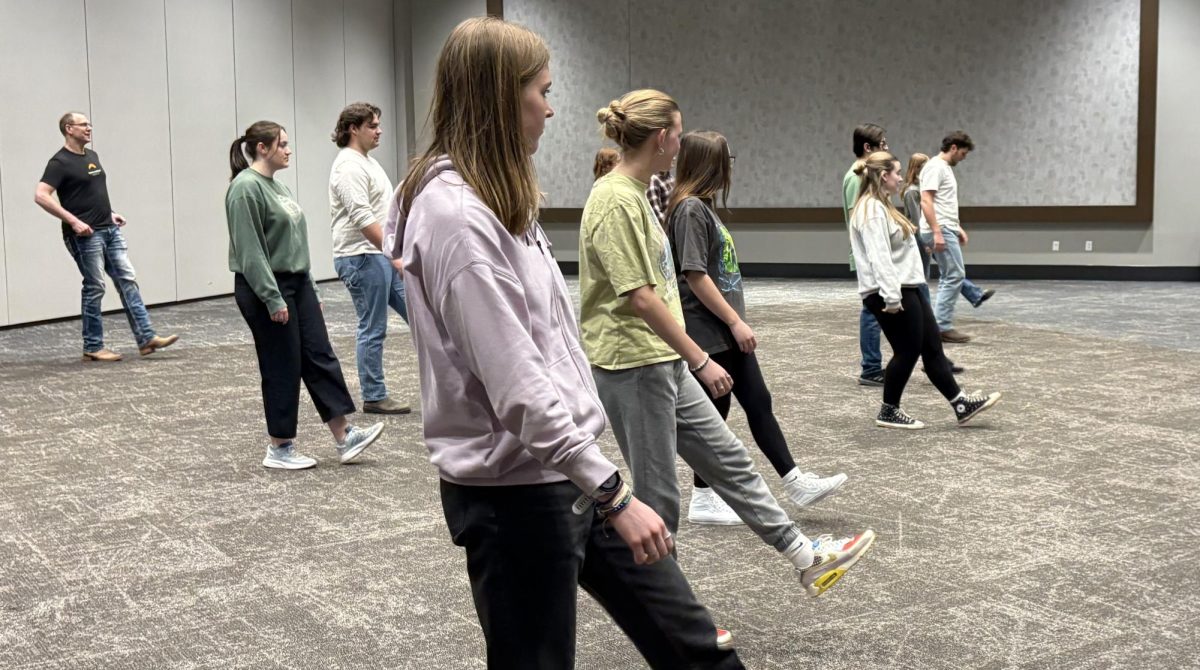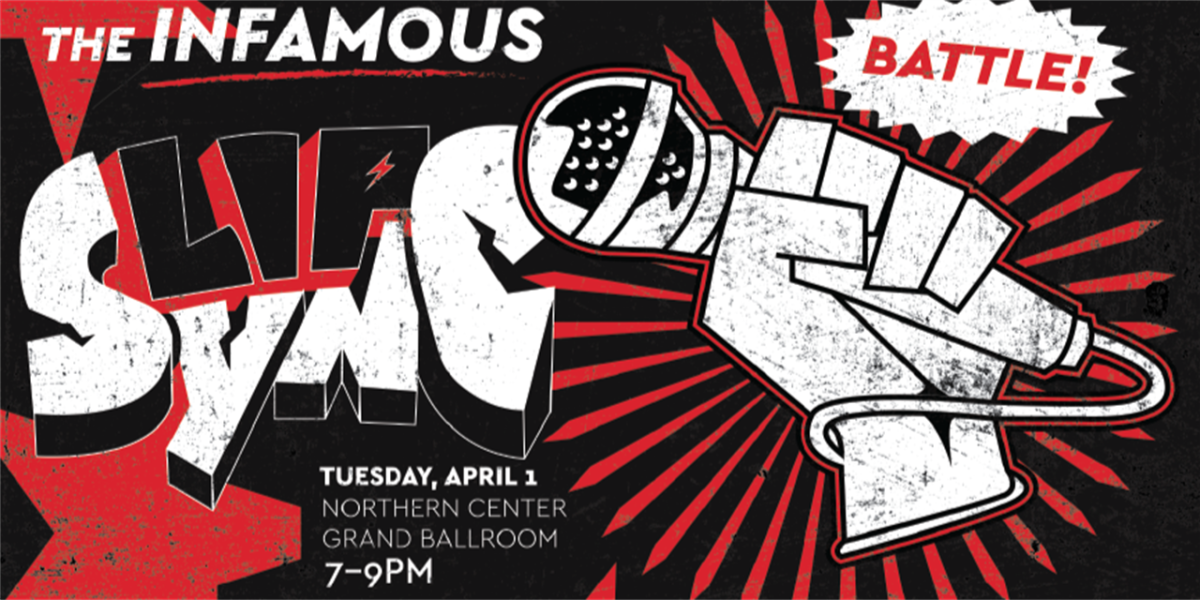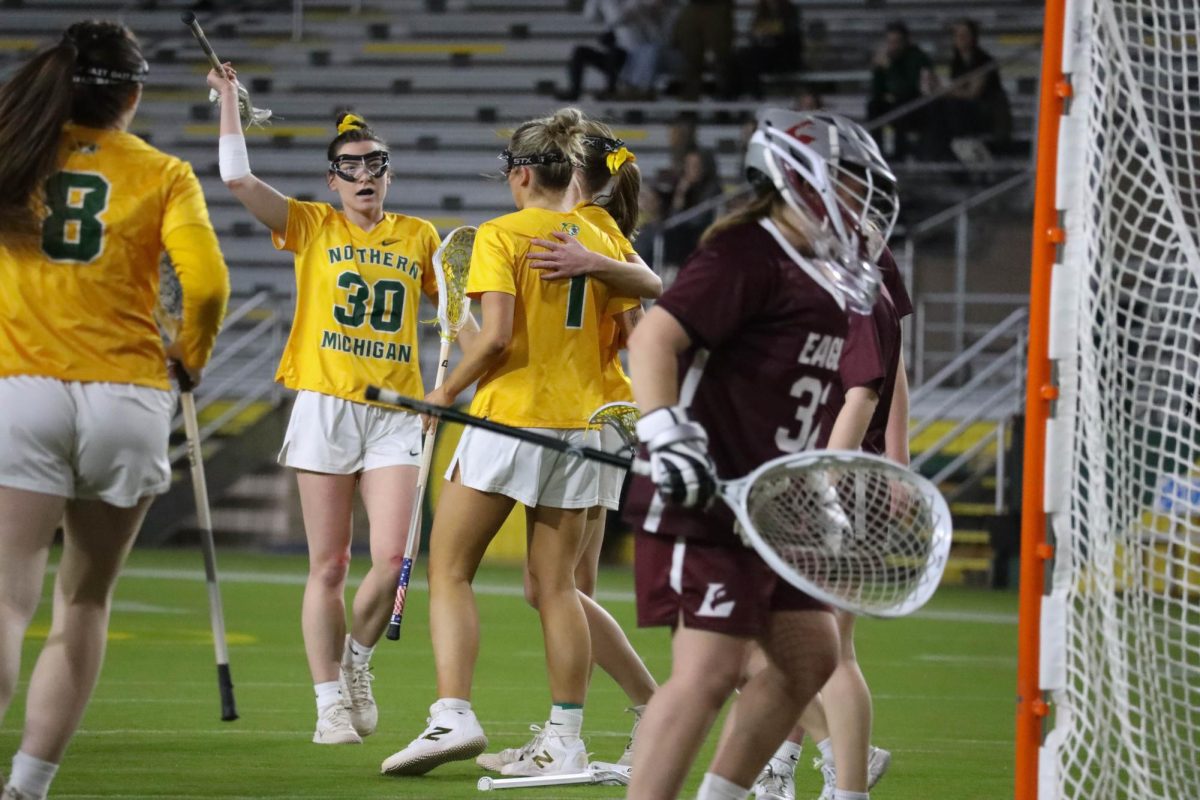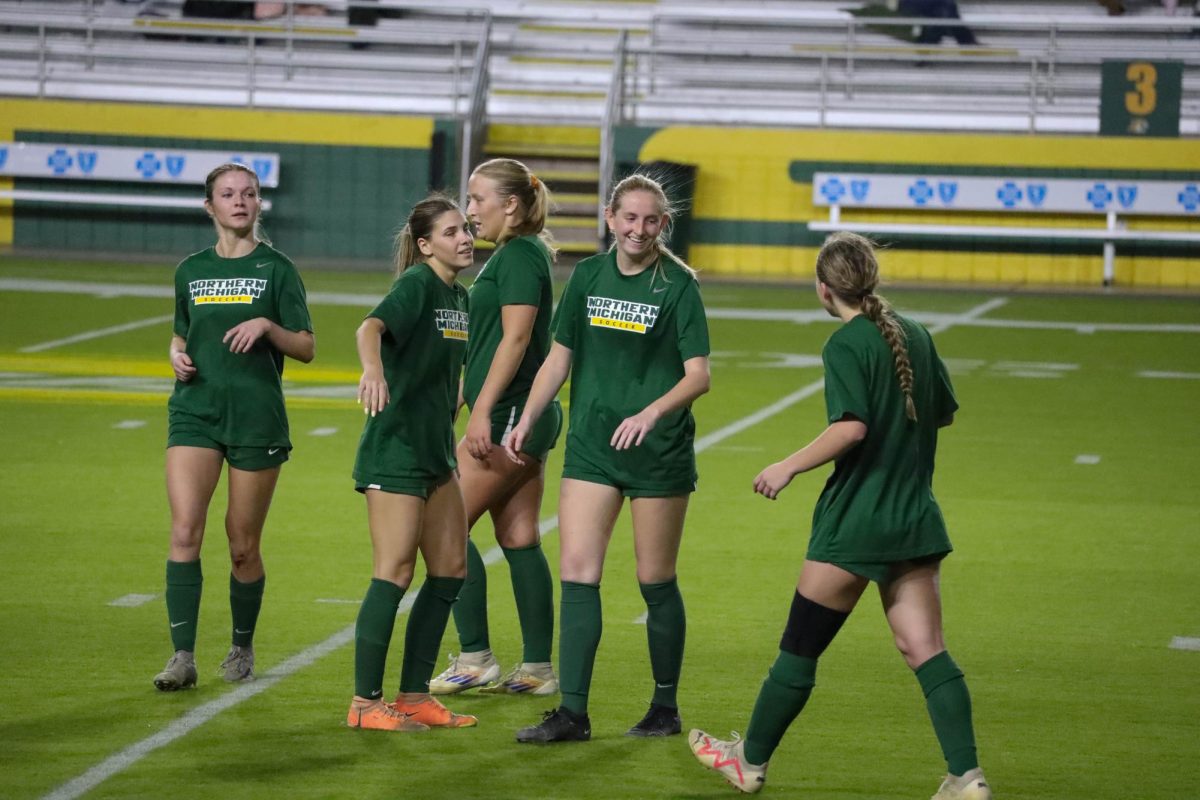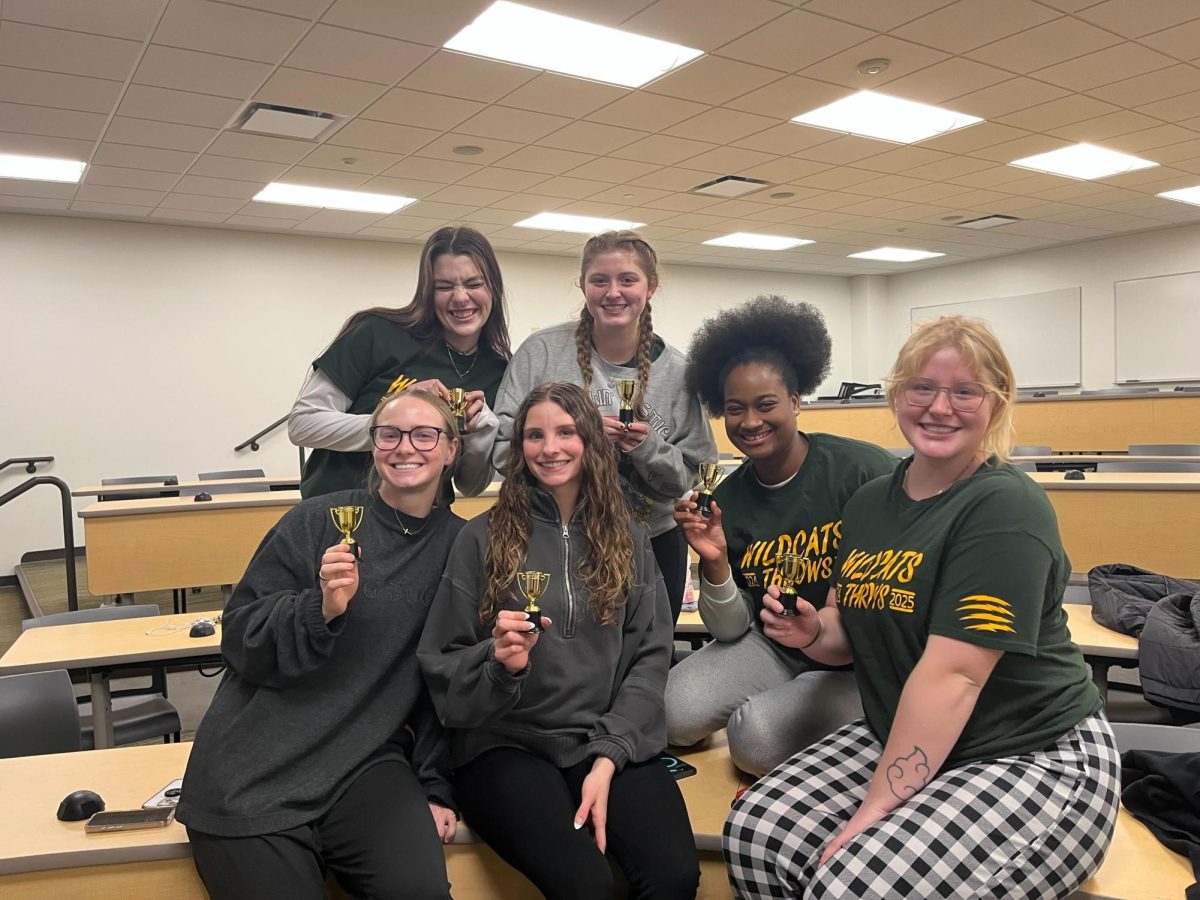“In 2011, I wonder what a 78-year-old Martin Luther King Jr. would think of America,” said award-winning journalist Joan Morgan.
Morgan, who was born in Jamaica and raised in the South Bronx, spoke Monday, Jan. 17 on issues of race and what it means to be a black American in this country today.
Morgan read excerpts from her novel “When Chickenheads Come Home to Roost, A Hip-Hop Feminist Breaks it Down,” as well as highlighted notes from President Barack Obama’s speech “A More Perfect Union,” and how she feels King would see America today.
“I think Dr. King would be partly intrigued by President Obama, who is a black American,” Morgan said.
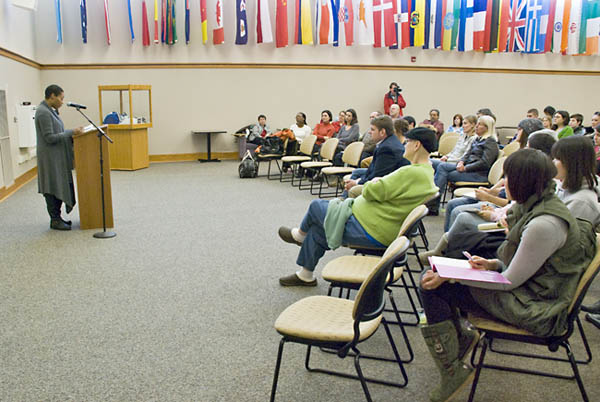
Morgan spoke about the drama that circled Obama around the time of his election and how some of the black community saw him. Morgan said there was a time when she doubted Obama, but at the end of the day his campaign outshone the rest. Morgan quoted Obama’s inaugural speech.
“If we retreat, we will never cease to solve the problems of health care, social security and jobs for every American,” Obama said.
Morgan spoke about the difference between a black American and an African American, and how Americans need to be careful to distinguish between the two. Caribbean, South African and Jamaican immigrants to America are black Americans.
“There has yet to be a meaningful exchange about what it means to be black and bicultural,” Morgan said.
Morgan spoke about how she sees herself as not only an American, but a Jamaican. Morgan faces criticism from Jamaicans about her heritage when in her home country, but is also mistaken for an African American when in the U.S. Morgan urges teachers to let the first question they ask their students be where they came from.
“Most people never ask where their students are from,” Morgan said. “That conversation opens up the discussion to diversity.”
Morgan also urges teachers to structure their curriculum according to their students’ lack of knowledge in order to help teach them about different cultures.
“Dr. King was a thinker,” she said. “He connected the dots to find unity.”
Morgan also touched on feminism and what it means to be a hip-hop feminist. Morgan said she is proud to call herself a feminist and that she wishes the term didn’t have the stigma surrounding it.
“Feminism claimed me long before I claimed it. The foundation was laid by women who had little use for the word,” Morgan said.





